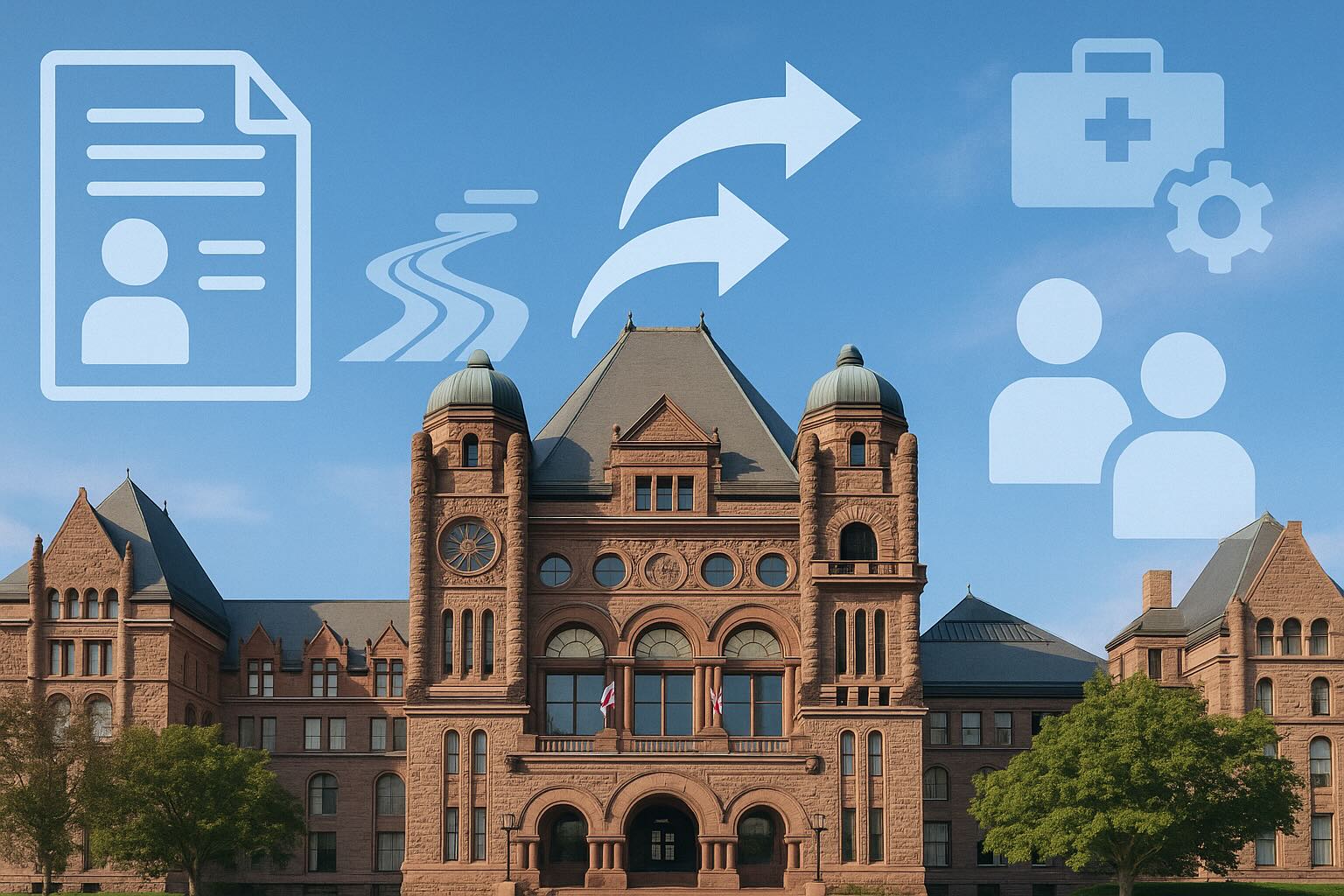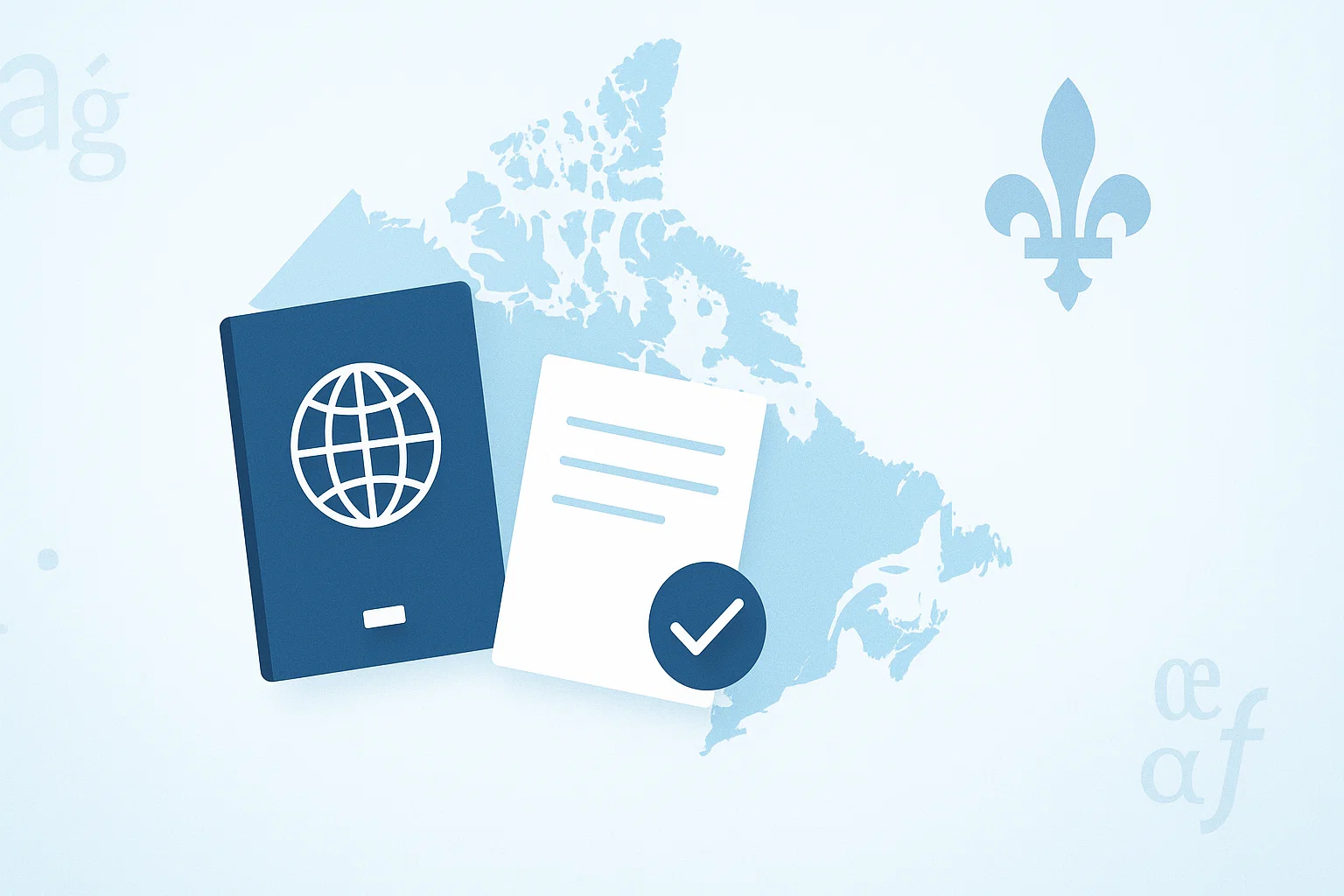An economic update from the Royal Bank of Canada says the federal government is doing the right thing in keeping immigration levels unchanged from its previous targets, but adds that in the long term, more newcomers will be needed to stabilize the age structure of the country and keep the economy rolling.
Even the current annual immigrant intake of 1.3 per cent of the population is not sufficient to stabilize the age structure, which would require about 2.1 per cent, it said.
The recent release from the bank notes that new immigration targets remain unchanged in the federal government’s latest three-year outlook. Canada plans to admit 485,000 newcomers next year, 500,000 in 2025, and the same number in 2026.
“This pauses the recent pattern of increasing targets at each annual update, which has led to Canada’s final immigration target growing by 36 per cent between 2020 and 2023,” the report notes. “After hovering around 0.8 per cent of the population for the past 30 years, Canada’s immigration system now targets adding 13 new permanent residents for every 1,000 people, every year.”
The bank notes that the government is responding in part to the ongoing infrastructure crisis, which has resulted in housing shortages across the country, and spikes in real estate and rental prices.
“Canadians are also concerned about unprecedented levels of international students and other temporary residents the past two years,” it adds. “Net temporary resident inflows outnumbered immigration inflows in 2022-23 (by 1.5 times), the first time in the 50 years since the series was tracked. Permanent residents have increasingly been drawn from the pool of temporary residents, but many will not make the transition.”
The bank gives the government a passing grade on overall immigration numbers, but notes that, in the long term, they will need to increase in order to keep Canada’s age structure stable, with similar numbers of young, middle-aged and old people. The report notes that 21 newcomers per thousand residents would be required to make this happen.
The report further recommends that Ottawa “double down” on two fronts.
“Addressing an unrestrained temporary resident population is essential since it may further erode support for permanent residents, which contribute long-term to the Canadian economy,” it notes.
“Second, Canada needs to be more strategic in selecting immigrants – and temporary residents who often become future immigrants – with the strongest long-term economic prospects, including those outside highly-educated fields. Doing so will ensure Canada retains more of the benefits of elevated immigration levels, to offset or mitigate the short-term costs.”









